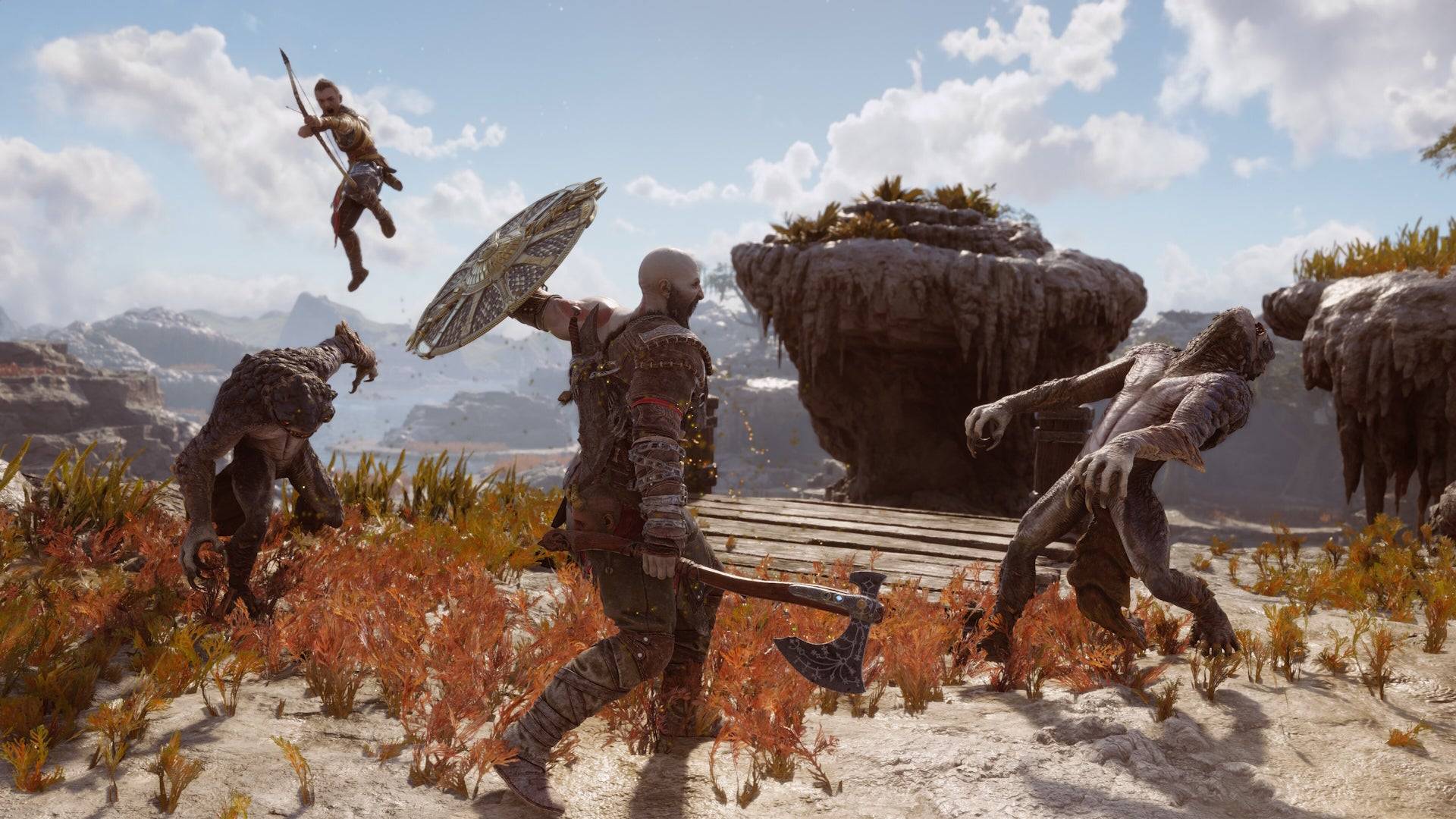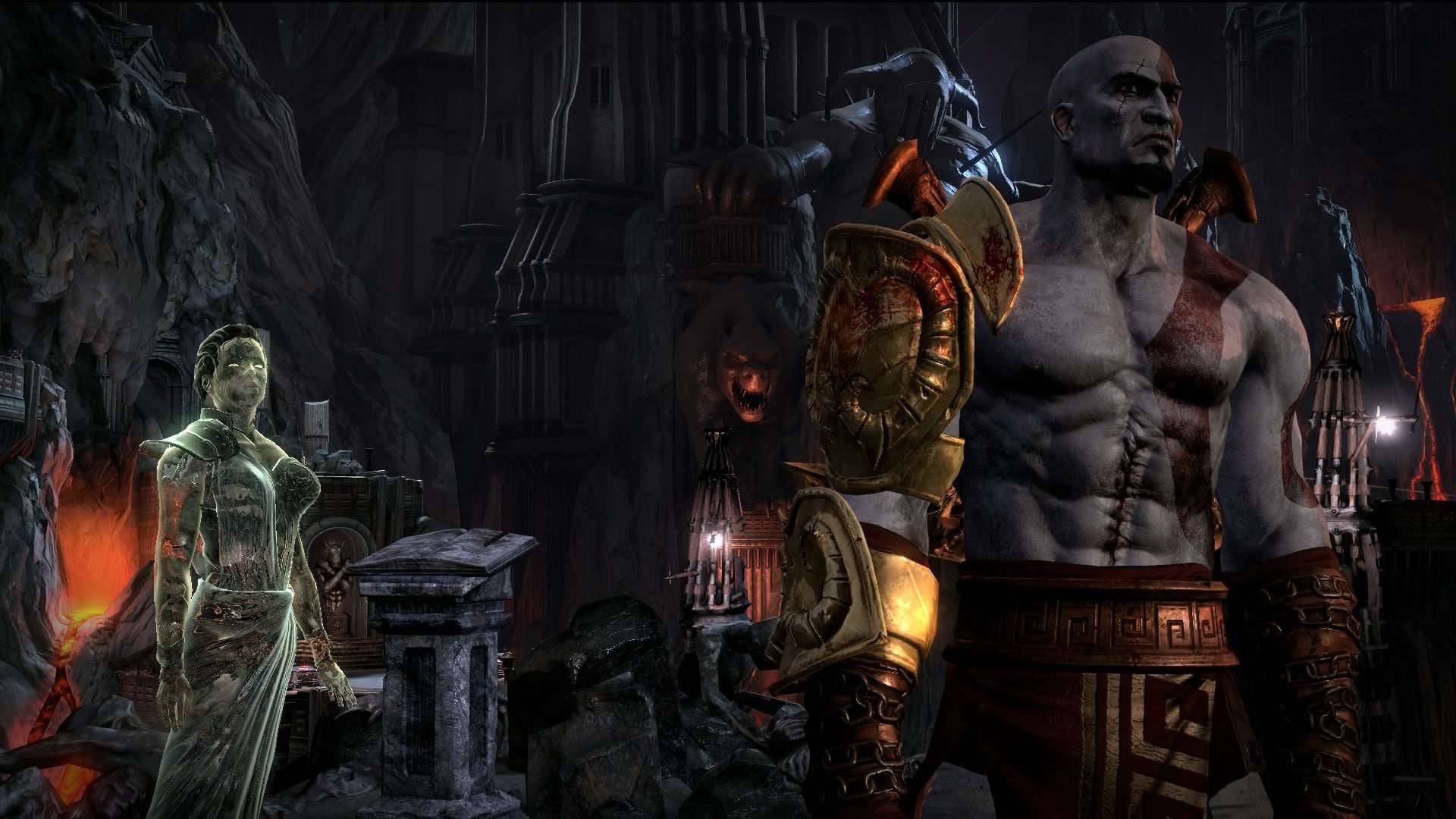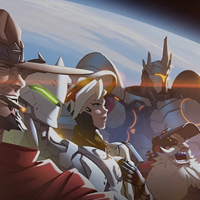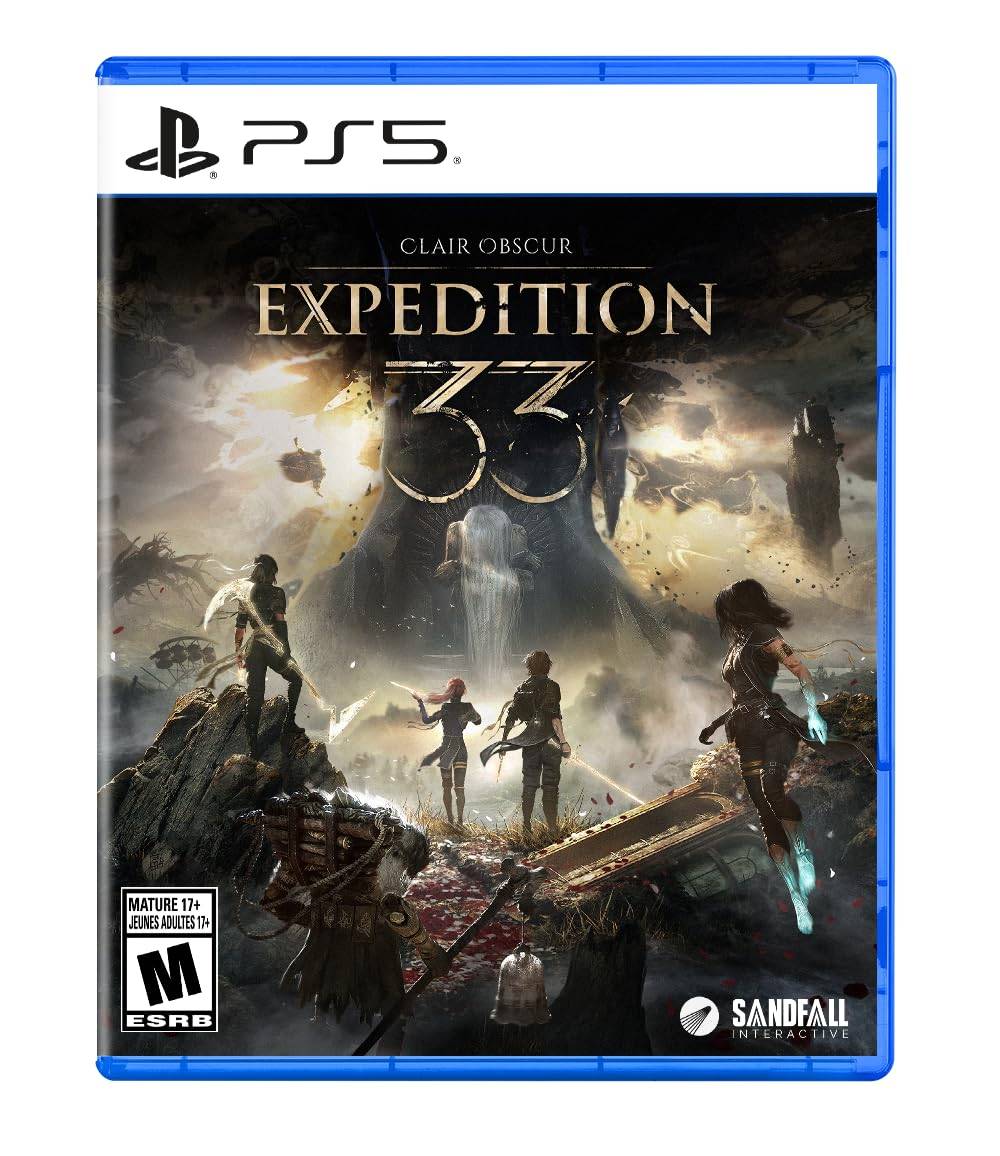The God of War series has been a cornerstone of PlayStation gaming across four generations, beginning with Kratos' vengeful journey in 2005. Few could have predicted the trajectory of this iconic character over the next two decades. While many long-standing franchises struggle to remain relevant, God of War has thrived by embracing change. The most significant transformation came with the 2018 reboot, which shifted Kratos from the realms of Ancient Greece to the rich tapestry of Norse mythology. This move not only altered the series' setting but also revolutionized its gameplay and narrative style. Yet, even before this pivotal reboot, Sony Santa Monica introduced smaller, yet impactful, changes that kept the series alive and engaging.
Looking forward, reinvention remains crucial for God of War's ongoing success. When transitioning to the Norse setting, director Cory Barlog expressed interest in exploring other mythologies, such as Egyptian and Mayan. Recent rumors have reignited speculation about an Egyptian setting, fueled by the allure of its unique culture and mythology. However, a new setting alone isn't enough; future iterations must continue to evolve in the same way the series did when transitioning from the Greek trilogy to the Norse saga, enhancing successful elements while introducing fresh innovations.
 God of War's combat evolved significantly for the Norse games, yet retained the intense spirit of the original Greek trilogy. | Image credit: Sony
God of War's combat evolved significantly for the Norse games, yet retained the intense spirit of the original Greek trilogy. | Image credit: Sony
The series has consistently evolved with each installment. The original Greek trilogy refined its hack-and-slash mechanics over a decade, culminating in the polished gameplay of God of War 3 on the PlayStation 3. This final chapter introduced a revamped magic system that complemented the melee combat's rhythm and offered a broader range of enemies. The shift to the PS3 allowed for enhanced graphics and new camera angles, showcasing the game's visual prowess.
The 2018 reboot, however, saw the loss of some defining elements from the Greek trilogy. The platforming and puzzle-solving aspects, integral to Kratos' journey in the original games, were largely phased out in the Norse reboot due to the new third-person, over-the-shoulder camera perspective. While puzzles remained, they were adapted to fit the new adventure-focused design.
The roguelike DLC, Valhalla, for God of War Ragnarök, marked a return to the series' roots. It reintroduced battle arenas, a beloved feature from the Greek games, adapted for the Norse setting. This mechanical callback was mirrored in the narrative, as Kratos confronted his past in Valhalla, invited by the Norse god Týr. This full-circle moment highlighted the series' ability to blend old and new elements seamlessly.
The Norse era of God of War introduced numerous innovations, including the Leviathan Axe's unique throwing mechanics, a combat-defining parry system with various shield types, and the magical spear in Ragnarök, which enabled faster, explosive attacks. These elements facilitated exploration across the Nine Realms, each with distinct foes and environments.
 While the original trilogy had strong writing, the Norse duology elevated God of War's storytelling to new heights. | Image credit: Sony
While the original trilogy had strong writing, the Norse duology elevated God of War's storytelling to new heights. | Image credit: Sony
The most striking evolution in the Norse games is in storytelling. The narrative delves into Kratos' emotional journey, exploring his grief for his late wife and his complex relationship with his son, Atreus. This focus on character development and emotional depth contrasts sharply with the more straightforward storytelling of the Greek trilogy, contributing significantly to the Norse era's critical and commercial success.
God of War's success in both mechanical and narrative reinvention stems from a unique approach to franchise development. The creators view the Norse games not as traditional sequels but as extensions of Kratos' journey. This perspective should guide future installments.
The mixed reception to Assassin's Creed's shifts in style underscores the risks of straying too far from a series' core identity. While Assassin's Creed has been profitable, it has struggled to maintain fan loyalty across generations as effectively as God of War. The shift to an open-world RPG format with Assassin's Creed Origins diluted the series' focus on the Assassin's guild, leading to a more divisive reception with each new game. The series' recent attempts at course correction, such as Assassin's Creed Mirage and the upcoming Shadows, aim to reconnect with the stealth roots that defined the original games.
In contrast, God of War's Norse reboot, while a radical departure, never lost sight of what made Kratos and the series compelling. It built upon the core elements of the Greek trilogy—intense combat—and enhanced them with new features like Spartan Rage options, diverse weapons, and varied combat scenarios. These additions enriched the series without overshadowing its foundational elements, maintaining a strong sense of identity and deepening the lore.
As rumors of an Egyptian setting circulate, the next God of War must continue to evolve while preserving the elements that have made the series a success. The 2018 reboot focused on combat, but future games will likely be judged more on their storytelling, the true strength of the Norse duology. Kratos' transformation from a rage-driven warrior to a nuanced father and leader has been pivotal to the series' recent success. Whatever comes next must build on this narrative strength while introducing bold new changes that could define the next era of God of War.















